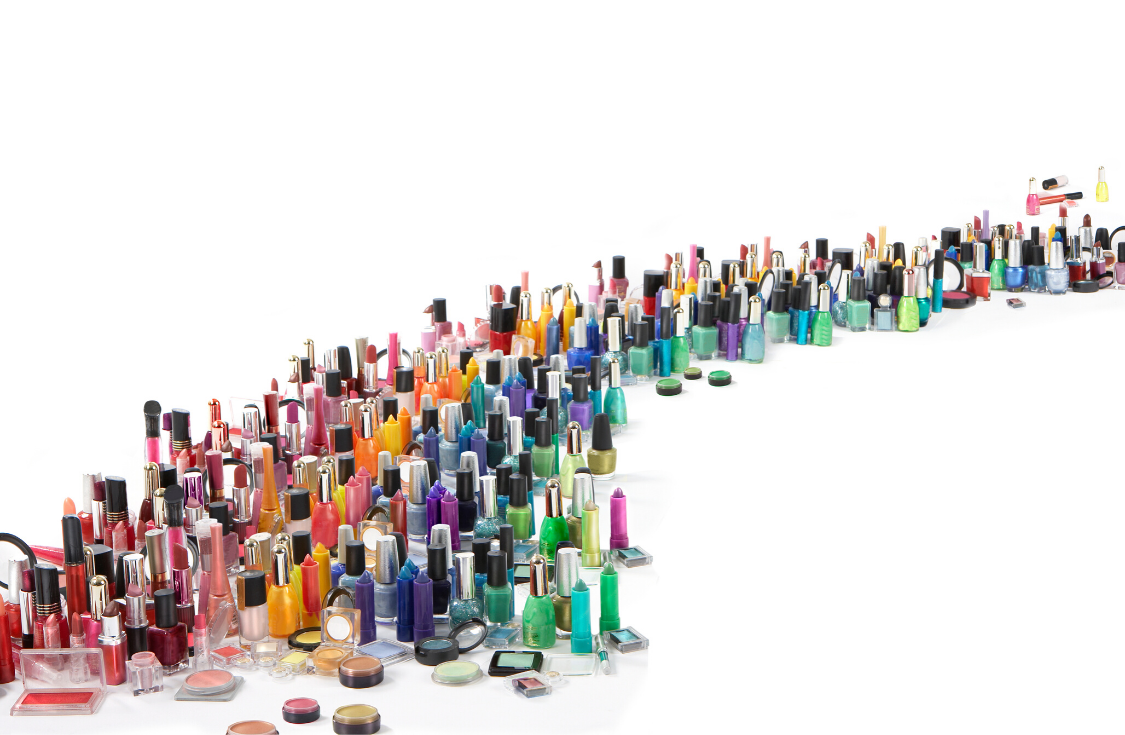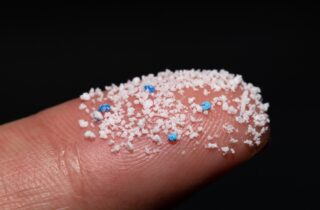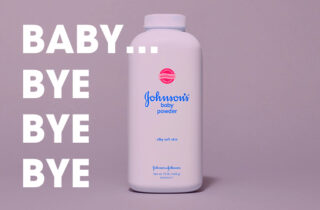Safer Beauty & Cosmetics State Laws
At a Glance
The personal care products industry is one of the least regulated in the U.S.
While most people assume personal care and beauty products are safe, in fact, many products contain chemicals linked to breast cancer, hormone disruption, birth defects, and other chronic diseases.
That’s why BCPP’s Campaign for Safe Cosmetics focuses on eliminating dangerous chemicals linked to cancer and other serious health concerns from beauty and personal care products.
State Laws Successfully Passed
California Ban on Toxic PFAS “Forever Chemicals” in Cosmetics (AB 2771)
BCPP co-sponsored AB 2771, introduced by California Assemblymember Laura Friedman (D-Glendale), to ban toxic “forever chemicals” known as PFAS from cosmetics and other personal care products. PFAS chemicals are linked to breast cancer, pollute our drinking water, and persist in the environment forever. Press Release
California Toxic-Free Cosmetics Act (AB 2762)
BCPP sponsored the California Toxic-Free Cosmetics Act (AB 2762) in partnership with the Environmental Working Group, the California Public Interest Research Group (CalPIRG) and Black Women for Wellness (BWW). The law bans 24 toxic chemicals from cosmetic products sold in California. Due to a lack of regulation and government oversight, Californians cannot be sure that the cosmetics and personal care products they buy are free of toxic ingredients. No one wants to use nail products with phthalates, anti-aging cream with PFAS chemicals, or baby shampoo with formaldehyde. This law provides Californians with the protections they deserve against harmful chemicals in the cosmetic products they use every day. Learn More
California Safer Salons Law (AB 2775)
Nail, beauty and hair salon workers and their clients are at risk of exposure to toxic chemicals like toluene, formaldehyde, phthalates and more. U.S. law requires that ingredients be labeled on beauty and personal care products that are sold to consumers at retail stores, but there is no similar federal labeling requirement for products used in nail or hair salons.
That’s why BCPP co-sponsored and successfully advocated for passage of the Professional Cosmetics Labeling Requirements Act (AB 2775) in 2018 to require companies that sell professional salon products in California to include ingredients on the label. This law went into effect on July 1, 2020. Learn More
California Cosmetic Fragrance and Flavor Ingredient Right to Know Act of 2020 (SB 312)
BCPP’s Campaign for Safe Cosmetics partnered with Black Women for Wellness and Women’s Voices for the Earth to expand the information available in the California Safe Cosmetics Program Database to include toxic fragrance and flavor ingredients. Together, we cosponsored the California Cosmetic Fragrance and Flavor Ingredient Right to Know Act of 2020 (SB 312), authored by Senator Leyva, the first law of its kind anywhere in the world. The law requires companies that sell beauty or personal care products in California to report fragrance or flavor ingredients linked to harm to human health or the environment to the California Department of Public Health by January 1, 2022, which then makes that information publicly available through its Safe Cosmetics Program online database. Learn More
California Safe Cosmetics Program
BCPP’s Campaign for Safe Cosmetics teamed up with Black Women for Wellness on a successful 2019 campaign to secure $1.5 million in funding for the California Safe Cosmetics Program, a right-to-know program that tells you whether your favorite beauty or personal care product contains chemicals linked to cancer or birth defects. Learn More
Other State Cosmetics Policy
In the absence of federal oversight of the cosmetics industry, many states have taken steps to regulate the safety of personal care products to ensure consumers have access to safer products and more information about the products they buy.
- In 2013, Minnesota banned formaldehyde, a cancer-causing chemical, in children’s personal care products like lotions, shampoos and bubble baths. The ban against the use of formaldehyde and formaldehyde-releasing preservatives applies to products intended for children under eight.
- In 2008, the state of Washington adopted the Children’s Safe Product Act (CSPA – Chapter 70.240 RCW), which requires manufacturers of children’s products – including personal care products — sold in Washington to report to the state if their product contains a Chemical of High Concern to Children.
- In 2005, California enacted the Safe Cosmetics Act which requires manufacturers to disclose to the state the sale of any cosmetic product that contains an ingredient known to the state to cause cancer or birth defects. Since the California Safe Cosmetics Program Product Database went life in 2009, a total of 583 companies have reported the sale of 86,376 beauty and personal care products in California containing 94 unique Prop. 65 carcinogens and reproductive toxicants.
Federal Laws
BCPP’s Campaign for Safe Cosmetics is committed to securing comprehensive, health-protective U.S. cosmetic safety laws to reduce breast cancer risk. Learn More
Types: Article





